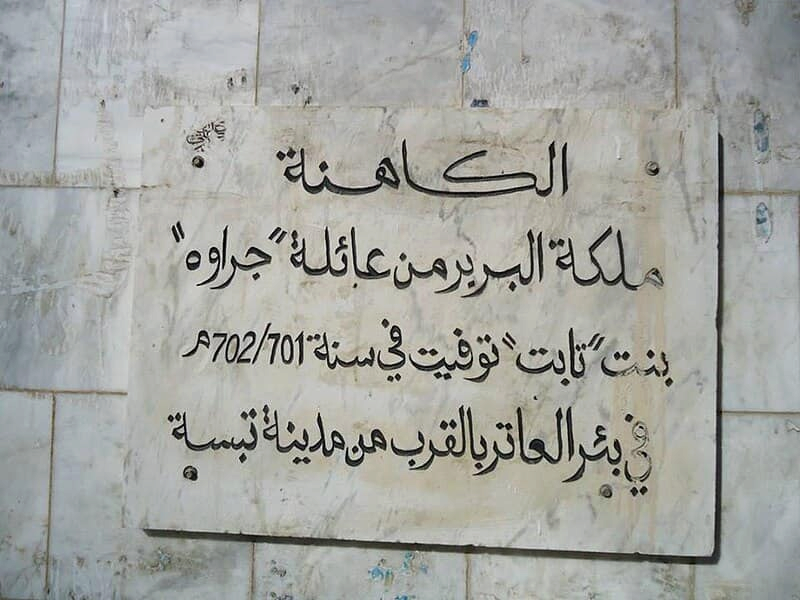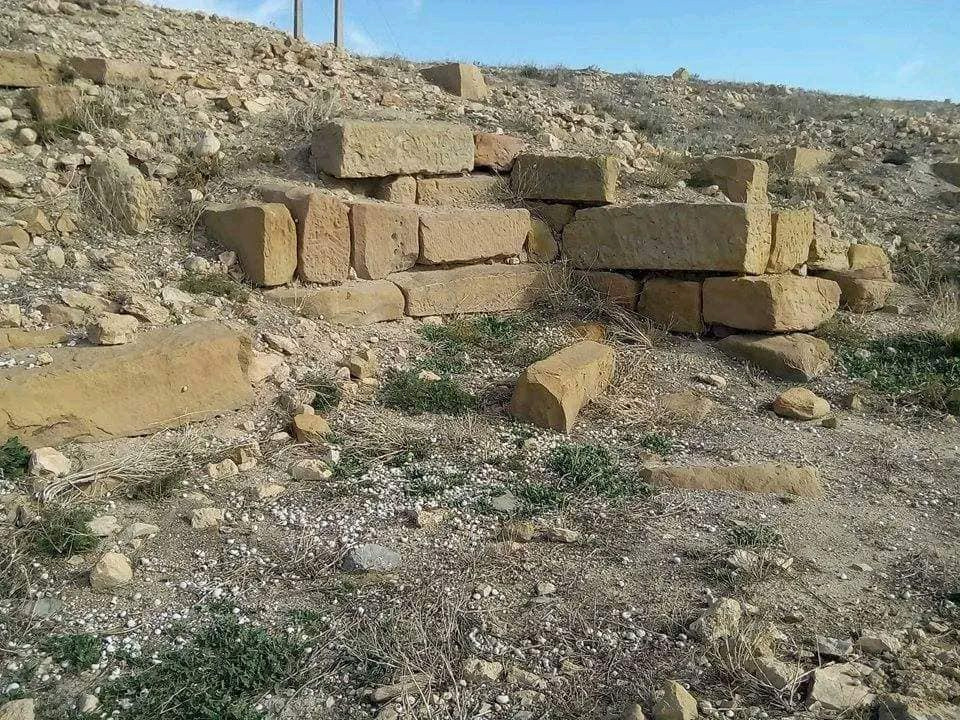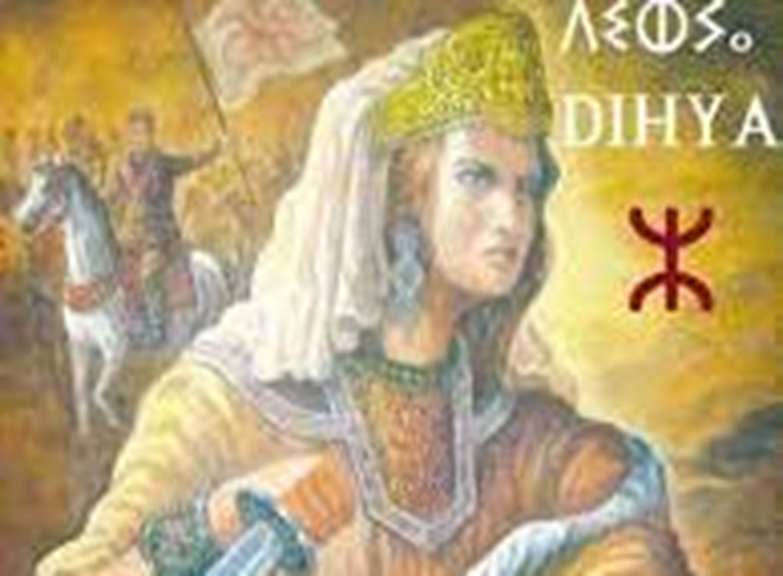Excavations begin at Queen Dehia's palace in Baghay

Finally, we woke up to this happy news: the launch of excavations at the Palace of Queen Dehia in Baghay, Khenchela Province, starting on May 15, 2024.
This palace remained buried underground for centuries, despite its historical importance and cultural dimension.
The excavations will be under the supervision of Professor Kamal Madad, accompanied by a group of archaeology specialists.
Extremely important excavations may give a strong impetus to research into hidden history and shed light on part of the life of the Amazigh Queen, the like of which has never come before.

"The Amazigh Queen Dhiya"
She lived between 585 AD and 712 AD.
Resisted the Romans, Byzantines and Umayyads
All historians agree (enemies and friends) that she was a tyrannical, divorced woman who was educated from her teacher, the Greek philosopher Zeno. She ruled the country with an iron fist, was skilled, excelled in military planning, and prepared well for the battles she fought against her numerous and numerous enemies. She was characterized by intelligence, courage, toughness, strength, awe, and skill. Clever, evasive, and pretending to be unseen, with good leadership and supervision, she rode her horse and rode and roamed among the people at the forefront of battles. She was also recognized by all sources, including enemies and friends, that she was a humane woman who respected the principles of war and the rules of combat, and appreciated the principles of military combat with a strong moral appreciation.
Ibn Khaldun said about her: “Dahia, a Berber knight like her has never been seen in time. She used to ride a horse and travel among the people from the Aures to Tripoli, carrying weapons to defend the land of her ancestors.”
The historian Ibn Adhari al-Marrakshi said about her: “All the Romans in Africa are afraid of it, and all the Berbers are obedient to it.”
Al-Thaalabi says:

She is a rare woman who was raised by the people of the region to the homes of the human gods that people worshiped..
Al-Andalusi adds in the introduction to his testimony against this queen, “If we were able to describe the priestess’s military path in her struggle, we would say that she is a queen, and at the same time she plans battles, implements her strategy, and assumes military leadership. It seems that she defended her homeland with iron and fire until her last breath, and imposed Her rule by force made her enjoy prestige...
Source: websites

